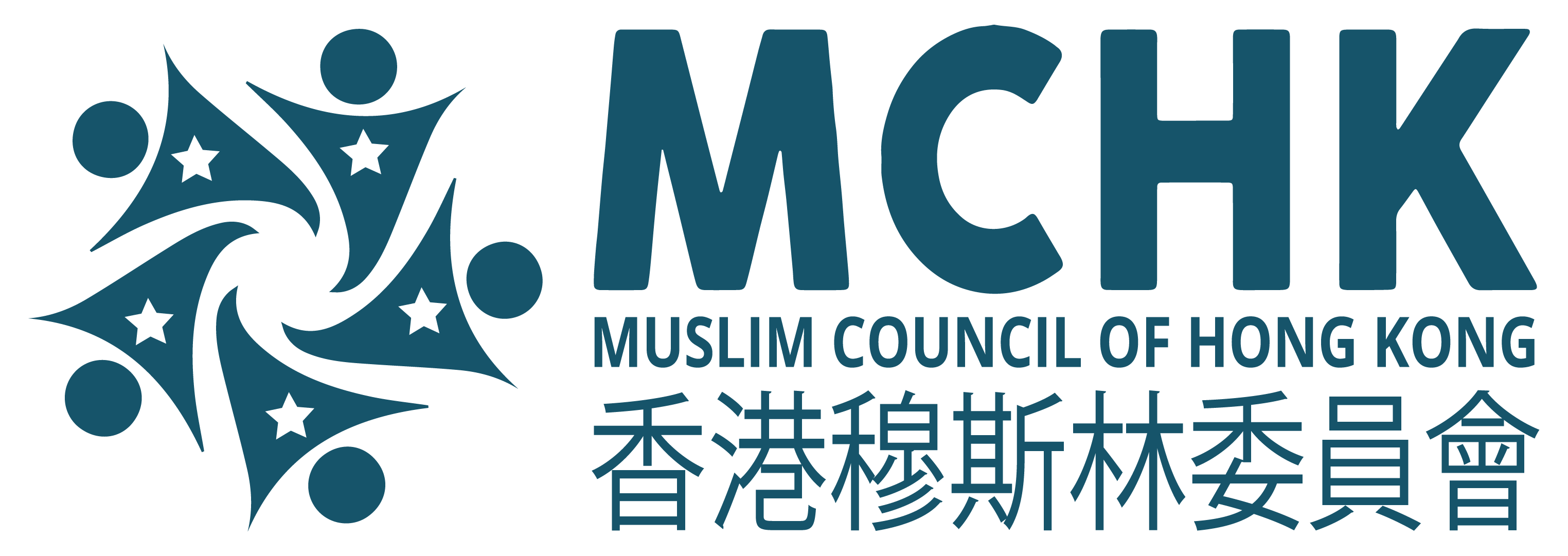Sheikh Waleed Abdulhakeem too, spoke about being proactive and introducing change. He used Sūrāh al-Kahf as an example of how we can resonate with the stories from the Qur’ān to bring about change. In the Sūrāh, the group of youths who were proselytizing through giving da’wah to the people of the town, in which there was a dictator. The group fled the town to the cave due to facing potential harm, seeking refuge with Allāh. Sheikh Waleed reminded us that Allāh preserved this miraculous story to remind us, and those who come after us, of this group’s selfless love, faith, devotion and above all pro-activeness in serving the religion of Allāh.
Sheikh Kamal El Mekki’s first session was entitled “Don’t wait on the Mahdi” and was essentially giving the message that the believing men and women should never lose hope in Allāh, even those who commit grave sins. The Qur’ān inspires us to never lose hope in Allāh, and the stories of the prophets (peace be upon them) speak to this, such as the story of Yunus (peace be upon him). Sheikh Mekki reminded us that Allāh is shy and bashful, and does not want His believers to return empty handed. He responds to du’a in a few ways 1) one gets what is asked for, 2) similar goodness is given or harm is removed or 3) it is given in the hereafter. Sheikh Kamal’s second session was entitled “System Recovery” and discussed the trials and tribulations facing the Muslims of today. He drew comparisons of the past by indicating that we are currently living in Meccan times (i.e. facing struggles), and we have to deal with them in an appropriate manner. He spoke about many of the different techniques used by the Quraysh against prophet Muhammad (sall Allāhu ʿalayhi wa sallam), and how he (sall Allāhu ʿalayhi wa sallam) reacted by not responding to their taunts, and knowing Allāh was sufficient for him. Finally, he indicated that in order to deal with challenges of today and the future on a personal level, one must actively seek knowledge.
Sheikh Navaid Aziz used Sūrāh ad-Duha as the focus point of his talk, providing the audience with strategies in addressing the dilemmas of life. His suggestions were to:
- create a sense of urgency;
- create realistic and achievable goals;
- create a support structure (surround yourself with likeminded people) to make achieving your goals easier;
- measure the small steps one takes;
- respond to successes with rewards and failures with reminders.
This article offered just a small insight into the key takeaways from the conference. The conference ran over two days and dealt with some of the practical approaches of overcoming some of the issues affecting Muslims today.
For those that attended this year’s At The Peak event, what were the key highlights for you? What preparations are you making in your life today, for a better tomorrow?



3 Comments